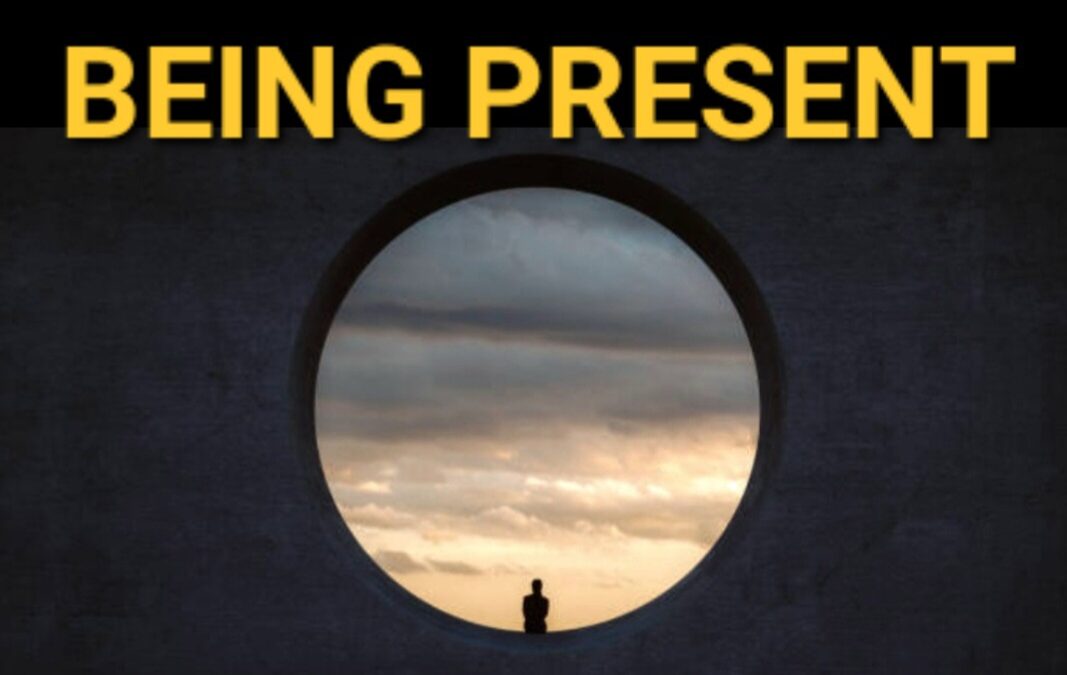I have been told that spiritual voyages produce strange occurrences. That our thinking adjusts as we unbend what we consciously exile to the back corners of our mind. These are the disquieting moments that eventually place unintended scars on our Book of Life. Allow me to explain.
There are stretches in life where we experience difficult challenges. For some, there is uncertain sadness and fear that becomes completely overwhelming. Having personally experienced those times, I can tell you that they really suck.
Many years ago, I had a friend who battled serious levels of utter unhappiness. Outwardly, he was the least likely person to be afflicted by depression. He exuded a cheerful disposition; had a successful career; a wonderful fulfilling family. Inwardly, he was enveloped with a childhood pain that few were aware of. Ultimately, his trauma overtook him; whereupon, that faraway, defeated second version of himself became his norm.
Throughout those years, my friend became an unimaginable picture of an abyss. It was a frame of existence beyond my own moments of unhappiness or uncertainty. The totality of his demeaner was not sorrow. It was a state of discernment that distorted time and space for him. My friend was caught within a storm of unimportance; a paralysis that encompassed every part of him.
What did I learn from this historical memory? Regrettably, I had been quick to tell my friend what the steps were that he needed to climb to get better and to remove the cloud encompassing him. How to take control and to toughen up. I emphasized all of his blessings as springboards to rise above his darkness. In actuality, he had zero energy or desire to fight his state. All I was actually reinforcing to him was, “I just did not get where he was.”
In revisiting the past and remembering others, it is important to genuinely listen . This demonstrates that we do not give up on the person when times get hard. During those challenging times, we must emphasize that we will not walk away, despite the refusal of those dark clouds to lift. This is more profound when our friends and loved ones can barely articulate the abhorrent pain imbedded within the core of who they have become. Reluctance to accept hope overrides everything when someone cannot be heard, seen, or the ability to share what is going on.
On a personal level, I have had times when I felt my own mind might be stumbling. I had moments where cheerfulness no longer became my normal default state. It is no wonder that when those we love are battling demons, we often find ourselves struggling with our own. In trying to understand another’s weakened moments, we can begin to question our own dark and troubled periods.
Part of me believes that the power of truly understanding someone rests in “being present.” To ask that person why they are submerged in disorienting emotions serves little purpose. Being present with them relays the feeling of enduring hope, during someone’s critical crisis. Doing this is the most noble thing we can do.
Perhaps my thoughts are not trapped in past conversations. They do, however, revisit how most conversations are captured within two frames. Truly listening is hard because it occupies an untainted slate. I must create an environment where I firmly remain in another’s frame of ideas and allow my thoughts to sidestep wished-for priorities. Only then can people be both understood and noticed.
My clinical psychology mentor has long since passed. His words will always remain significant to me. Conversations are confrontations with the fabric of who you are. “Being present” is the absence of any personal itinerary. If my words or observations interfere with someone’s deeply felt experience, there would be little chance of something better being accomplished on the far side of their suffering.


 Bud Megargee is a former senior behavioral healthcare executive; a Washington, DC., healthcare lobbyist; and an independently published, best-selling and award-winning author. He began writing after exploring Eastern philosophy and alternative medicine techniques in the professional treatment of emotional challenges at a Taiwanese Buddhist monastery.
Bud Megargee is a former senior behavioral healthcare executive; a Washington, DC., healthcare lobbyist; and an independently published, best-selling and award-winning author. He began writing after exploring Eastern philosophy and alternative medicine techniques in the professional treatment of emotional challenges at a Taiwanese Buddhist monastery.